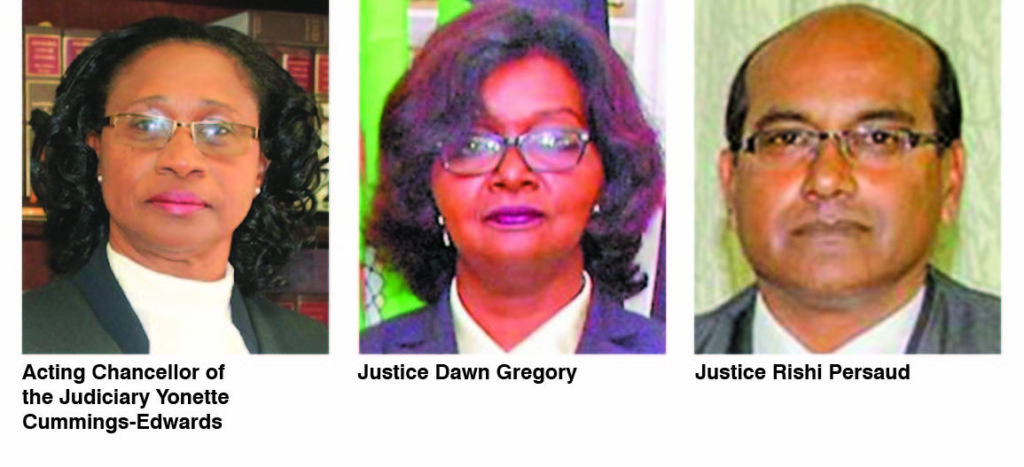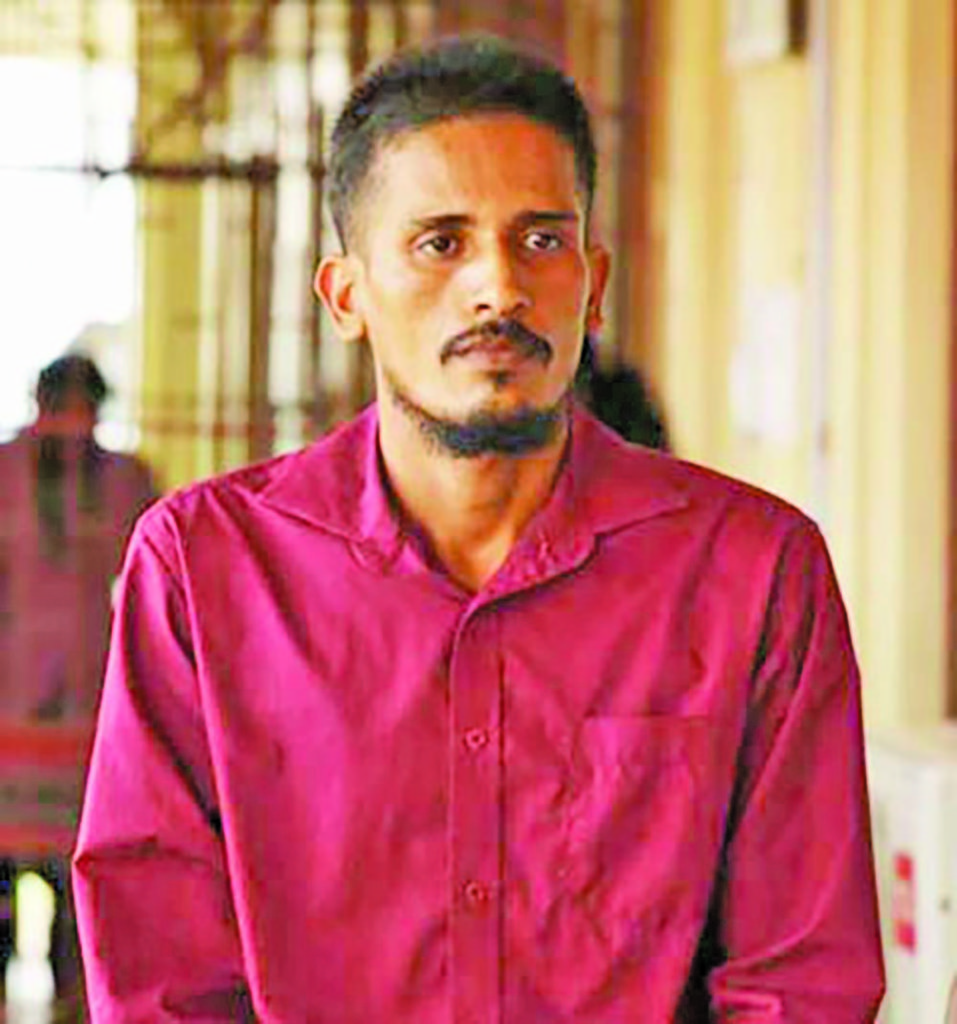The Court of Appeal recently entertained a plethora of arguments in the case of the State versus Lakeraj Frederick, who is challenging his conviction and subsequent 65 years’ jail sentence for the June 2011 murder of his brother-in-law, Clifton Bonus. 
Bonus was found buried in a shallow grave at Old England Backdam, Linden, Region 10 (Upper Demerara River), days after he was reported missing.
In April 2017, Frederick was found guilty of the crime by a jury and it was Justice Navindra Singh who imposed the 65-year jail term. It was reported that Frederick murdered Bonus called “Mutts” on Saturday, June 4, 2011.

His body was found in the shallow grave, buried almost three feet deep beneath groves of cannabis days after he was reported missing. The autopsy proved that he was shot to the head.
Media reports are that the men had an argument over marijuana seeds before Bonus was killed. Frederick is already serving a 22 years’ jail sentence for the June 11, 2011 unlawful killing of 38-year-old Vernon Romaldo, who was stabbed twice to the chest at Land of Canaan, East Bank Demerara.
He was initially charged with the murder of Romaldo, but pleaded guilty to the lesser count of manslaughter in April 2018.
During the appeal hearing, Frederick’s lawyer, Rachael Bakker, asked the court to overturn her client’s conviction and sentence or reduce the 65 years’ prison term imposed on him for the killing of Bonus.
She proffered four grounds in support of her case. She contended that Justice Singh erred in law when he admitted a caution statement alleged to have been given by her client to detectives.
Coercion
Bakker asked the court to find that the alleged confession statement given by her client was a concoction by the police to prove their case. She argued that the caution statement was given under duress. From the records of appeal, Bakker submitted that while her client was in custody, he was interrogated by three police ranks.

Lakeraj Frederick











